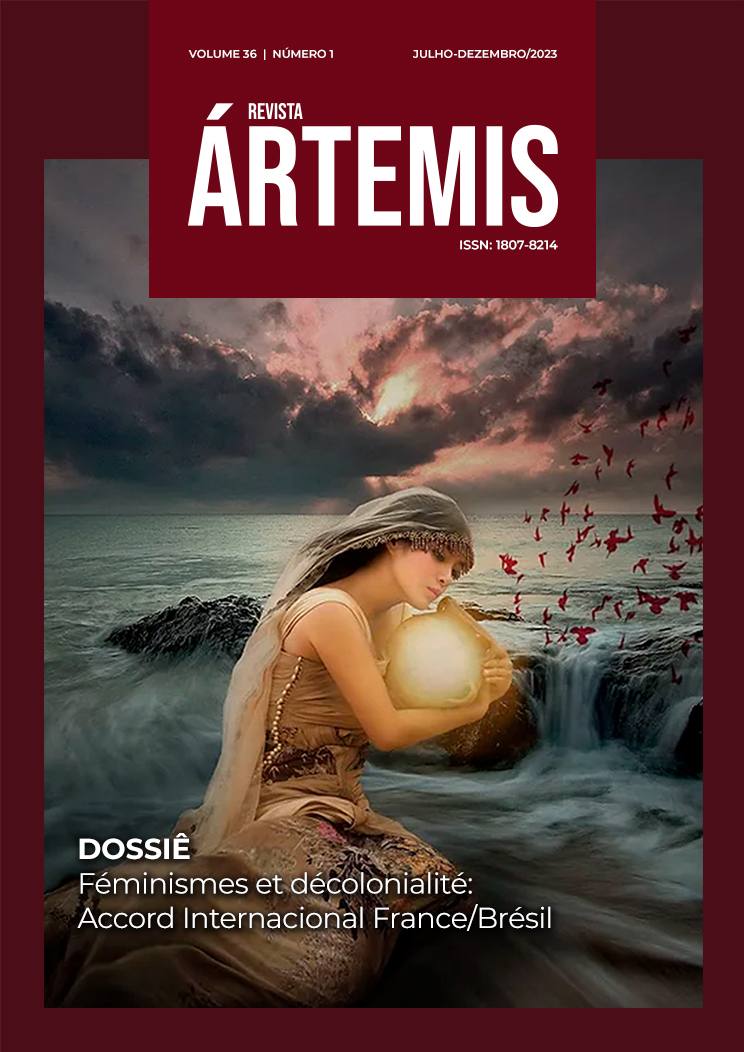One is not born a savage… archaeological vestiges of our future
DOI:
https://doi.org/10.22478/ufpb.1807-8214.2023v36n1.68949Keywords:
Construction des « sauvages », Oppression épistémique, White Sight, Féminismes décoloniaux, Angélica GorodischerAbstract
A return to the construction of «savages» during the colonial enterprise seems necessary (once again) in our situation marked by racist discourses that legitimize the violence against racialized people, and race hate crimes. The analysis of the feminist and decolonial literary discourse of the Argentinian writer Angélica Gorodischer will enable us to question epistemic oppression and the gaze that support it in the making of «savages». Are the discursive and optical devices put in place during the European invasion of the territories of Abya Yala still present in our current cultural practices? What are our responsibilities as researchers in the face of these systems and the genocidal social practices that their perpetuation allows? A brief examination of colonial scenography and the hypothesis of the permanence of a visual and discursive device can shed light on the tensions that characterize our current context, which exposes the contrast between the insistence of fantasies of republican whiteness and the proliferation of imaginary liminal spaces. Gorodischer’s two novels, Opus dos (1967) and Doquier (2000), will be analysed for the heuristic experiments they generate and the critical tools they offer us.







